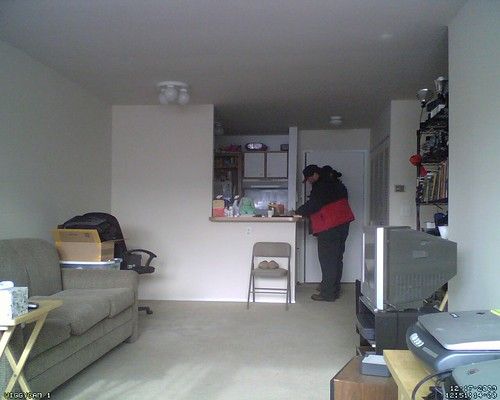Jenny_in_Chico
Black Belt
Hello all,
I recently took an online test to evaluate my personal risk of home invasion and burglary (thanks to Bill Mattocks for this useful suggestion!), and discovered that my home could use some added security. I have persuaded my sister (the homeowner) to invest in a home security system, of the armed response type.
Since I'm completely ignorant on this subject, before I begin my investigation for the best system available I wanted to ask the advice of any MT'ers, especially those of you with law enforcement experience. Or those of you with cat burglar experience.
What particular features should I be looking for in a home security system? Are there "must have" features?
We have sliding glass doors and widows with no security pins right now...will we need to replace or modify these features?
What questions should I be asking these companies? Are there any red flags I should be aware of?
Should the response be from armed private cops, city cops, or both? Is "both" even an option?
Should I clarify from the beginning that I have a personal firearm for home protection, and integrate my own response into the response plan of the company?
Any and all advice would be appreciated!
Jenny
I recently took an online test to evaluate my personal risk of home invasion and burglary (thanks to Bill Mattocks for this useful suggestion!), and discovered that my home could use some added security. I have persuaded my sister (the homeowner) to invest in a home security system, of the armed response type.
Since I'm completely ignorant on this subject, before I begin my investigation for the best system available I wanted to ask the advice of any MT'ers, especially those of you with law enforcement experience. Or those of you with cat burglar experience.
What particular features should I be looking for in a home security system? Are there "must have" features?
We have sliding glass doors and widows with no security pins right now...will we need to replace or modify these features?
What questions should I be asking these companies? Are there any red flags I should be aware of?
Should the response be from armed private cops, city cops, or both? Is "both" even an option?
Should I clarify from the beginning that I have a personal firearm for home protection, and integrate my own response into the response plan of the company?
Any and all advice would be appreciated!
Jenny

